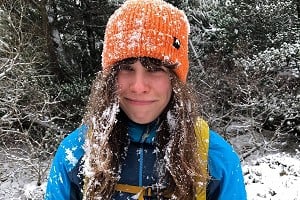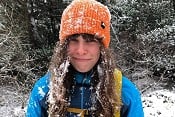In reply to danm:
Didn't know there was one. Interesting though I will use it. Using the data of temperature will only work if it is correlated with real climbing experience. Problem is who would ever want to take the time to do that.
Realistically the only way to know is to put an axe in and see if your stick is good, if its not and your route climbs through sensitive areas then back off, individuals judgement in the moment will always be key. Unfortunately all climbing damages the rock/turf, luckily most climbers are perceptive to this as they have a greater affinity to rock than the general public.









